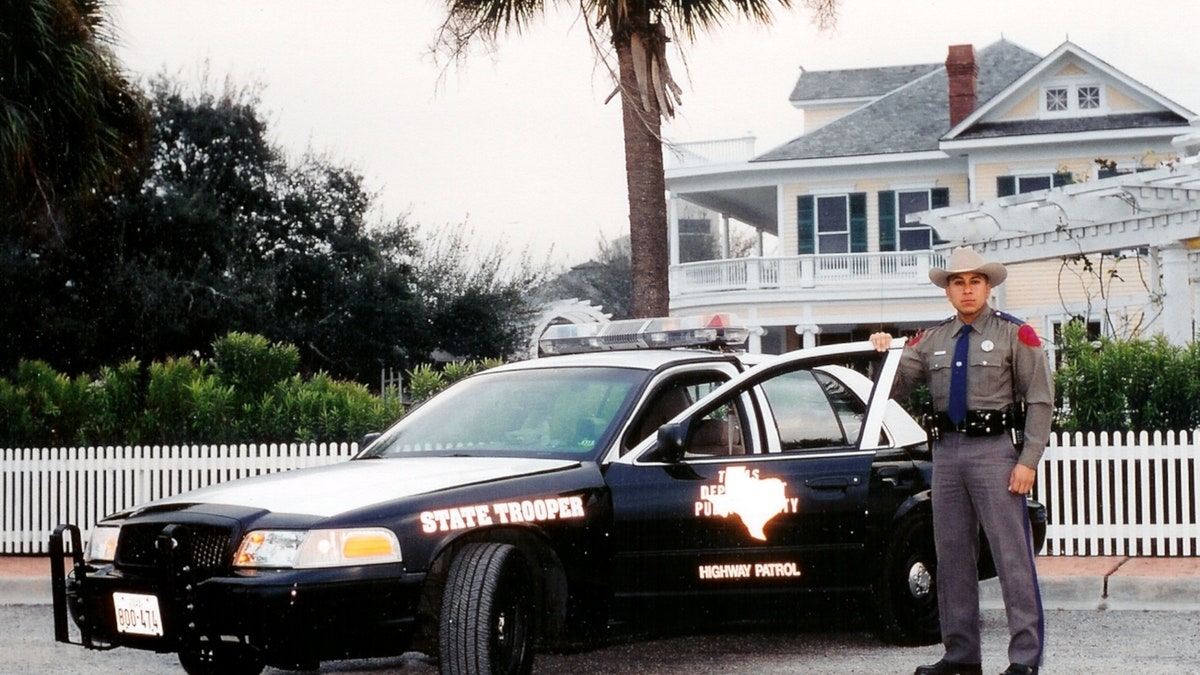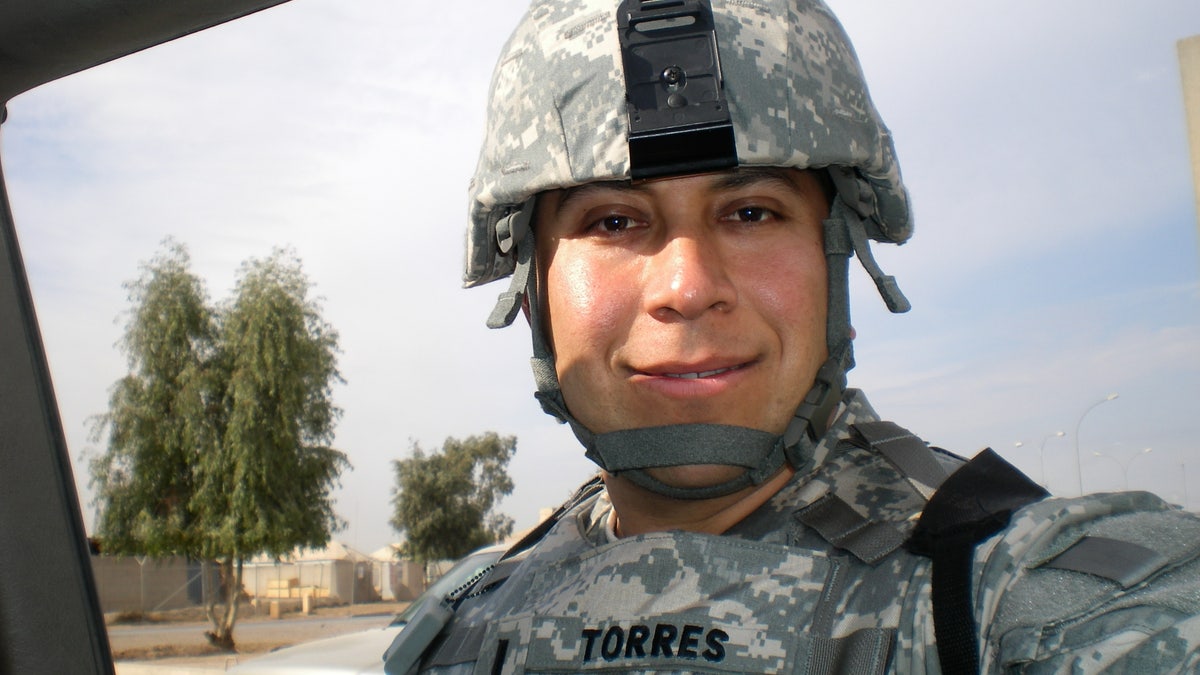Veterans exposed to burn pits push for health benefits
Attorney Brian Lawler and Le Roy Torres, co-founder of Burn Pits 360 Veterans Organization, discuss suing former employer on 'Fox News @ Night.'
A former Texas state trooper and veteran will be able to continue with his wrongful termination case after the Supreme Court ruled in his favor on Wednesday over claims he was forced out of his job when he returned from Army service in Iraq.
The justices ruled in a 5-4 vote that Army veteran Le Roy Torres’ rights to employment were under a federal law that was enacted in 1994 in the wake of the Persian Gulf War for returning service members.
"I'm beyond thrilled and thankful that the Supreme Court agrees with our position and upheld the rights of service members like myself," Torres told Fox News in an interview after receiving news of the ruling. "You come back from war, and you think your job is protected."
He went on, "Today's vote brings a sense of peace and some type of closure for me, as well as the things that I've been dealing with for these four or five years with my job loss."
The service member claimed he was forced to resign from his post as a state trooper with the Texas Department of Public Safety (DPS). His ouster came after he was experiencing the effects of extensive lung damage he developed after his exposure to burn pits while serving as a U.S. Army reservist in Balad, Iraq.

Le Roy Torres says he was effectively ousted from his state trooper position by the Texas Department of Public Safety when his medical condition from burn pit exposure made him unable to fulfill patrol duties. (Le Roy and Rosie Torres)
Torres first filed a lawsuit against the DPS and the state of Texas back in February 2017, claiming his worker rights under the Uniformed Services and Employment and Reemployment Rights Act of 1994 (USERRA), a federal statute strengthening job protections for service members, were violated. The state countered his claims and argued in court that Texas had sovereign immunity from lawsuits like Torres' and his case had been stalled in the Texas courts ever since.
"It was just this moment of restoration for us, a moment of hope." Leroy’s wife, Rosie Torres, told Fox News. "The SCOTUS decision gave us a piece of our life back today, and I feel not just for us, for our family, but for the thousands of families waiting on this decision with Leroy's case."
The high court rejected Texas' claim that it's shielded from such lawsuits.
"Text, history, and precedent show that the States, in coming together to form a Union, agreed to sacrifice their sovereign immunity for the good of the common defense," Justice Stephen Breyer wrote for the court.
Torres was called up for duty from the reserves in 2007 while serving as a trooper in the Lone Star State. It was during that time that he was exposed to burn pits at his base in Balad. The pits were often used across many U.S. military bases across Iraq and Afghanistan during the wars as a crude method of incineration in which every piece of waste generated on the base was burned, including plastics, batteries, appliances, medicine, dead animals and even human waste.
The items were often set ablaze with jet fuel as the accelerant with over 1,000 different chemical compounds burning into the air, day and night.
Torres returned home to Texas in 2007 and resumed his duty as a state trooper a year later, after an honorable discharge from military service. It was around that time that he also started feeling the effects of his burn pit exposure.
The veteran claimed it was during that time when he started waking up with debilitating headaches that often lasted throughout the day.
It was while he was chasing a suspect during the summer of 2009 that Torres realized something was truly wrong with his health.

The Iraq War veteran developed a host of lung issues as well as toxic brain injury after returning home from service. (Le Roy and Rosie Torres)
"I was in a lot of pain with chest pressure. I was afraid that I was having a stroke and I had no backup until like 10 minutes later," Torres told Fox News back in March. "I felt really horrible that day, and that's when I knew that there was something going on."
The trooper started calling out sick, unable to perform his patrol duties. Torres was experiencing a myriad of symptoms including debilitating headaches, vertigo, and a persistent, unforgiving cough.
He eventually learned his exposure to those burn pits at his base in Balad had led to toxic brain injury and several lung ailments.
Once diagnosed, Torres said he returned to his commanding officers at DPS and informed them that he wanted to return to work but that due to his condition he could no longer go on patrol and requested accommodations for a desk job. The trooper said he was denied his request and was offered his original position and told that he would be fired if he could not perform his duties. Torres essentially was forced to leave his job.

Torres was stationed at a base in Balad during the Iraq War. (Le Roy and Rosie Torres)
Now that the Supreme Court has ruled in his favor, Torres said he's looking forward to bringing his case back to the Texas courts. Both he and his family said they hoped Wednesday’s decision will help set precedent in favor of other service members who have gone through the same issues.
CLICK HERE TO DOWNLOAD THE FOX NEWS APP
"The way Leroy was treated; he was stripped of his dignity, of the honor of him serving our state. The way they approached it was heart-wrenching for him, and to see SCOTUS side with what is right gives us hope," Rosie Torres said.
"Future generations will say, ‘You know what? Now I do feel confident enough to join the Army, to defend our freedom because I know that our jobs will be protected.’"
The Associated Press contributed to this report.














































